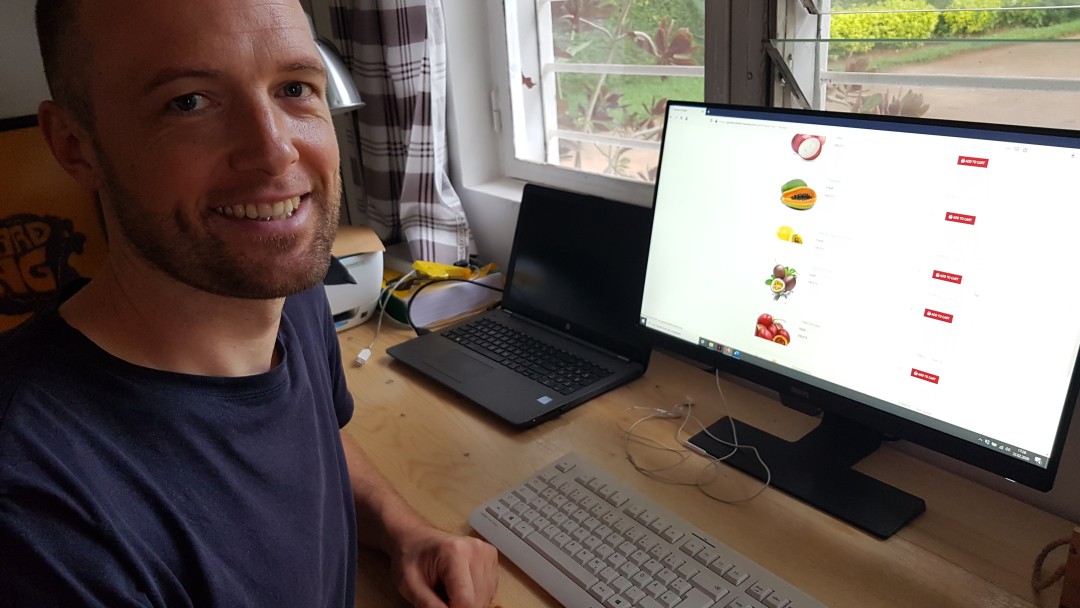

A visit to the council office, great! Linoleum flooring, queues, numbered tickets, waiting rooms: what fun! Particularly when it can take forever. But needs must. I need a national ID card. So, off I go. But I get a huge surprise when I arrive. My data is recorded quickly and I can head home straight away. I didn't even get a chance to read the book that I brought with me just in case. I will be informed as soon as my ID is ready to collect. “Interesting” I think and ask myself whether it will actually work out.
A few days later, I get an automated message on my mobile. It tells me that my ID is ready. I am flabbergasted. Coming from Germany, I am definitely not used to service like this. The next morning I head back to the office. I've got my book with me again because I still don't quite trust the whole process. But, once again, it is all over in a flash. Just a few minutes after arriving, I have my new ID in my hand and a smile on my face.
Since summer 2019, we – my wife (the head of the local KfW office), our daughter and I – have been living in Rwanda. As time has gone by, we have learnt that the country's authorities using digital processes is not an exception but the norm. The government intentionally encourages digitalisation and has been doing so for a long time, be it through laying fibre glass cables or strict targets on the expansion of the telecommunications network. I would be surprised if the local language had a word for a signal dead spot. So, it is no wonder that a thriving start-up scene of IT companies has emerged in the capital city of Kigali. And it is also no surprise to learn that the inhabitants of Rwanda are very digital-savvy.
This makes daily life easier in a number of different ways. Shopping at Kimironko market – the largest in Kigali – is definitely an experience. A wide array of products, smells and noises, lots of hustle and bustle, and nice but not too pushy traders impress everyone who visits. However, a trip to the market can also be stressful and not just when we have our young daughter in tow. So, I have recently switched to ordering vegetables, fruit, butter and cheese from the Internet. My delivery normally arrives the same day and costs the equivalent of just one euro.
Payment often takes place using “Mobile Money”, in other words money that you have loaded onto your mobile phone. So, if I go out in the evening, I don’t use cash to pay for my taxi, which I order in advance from an app. The app is provided by a large German car company, which is developing and testing mobility solutions for Africa in Rwanda. The payment process for a taxi ride – which was a complete mystery to me at first – goes as follows: I type a code into my mobile, then the payment amount, then the driver’s phone number, with a whole lot of * and # in between. We wait a few seconds until the driver's mobile vibrates. He has now received the fare in Mobile Money, while the same amount has been deducted from me. There is no need for either of us to worry about change or misunderstandings. Incidentally, I use Mobile Money very rarely compared to Rwandans. Particularly in rural areas, where cash machines and banks (but not signal dead zones) are a rarity, this mobile form of payment is a huge advantage.
Share page
To share the content of this page with your network, click on one of the icons below.
Note on data protection: When you share content, your personal data is transferred to the selected network.
Data protection
Alternatively, you can also copy the short link: https://www.kfw-entwicklungsbank.de/s/enzBXtdX
Copy link Link copied